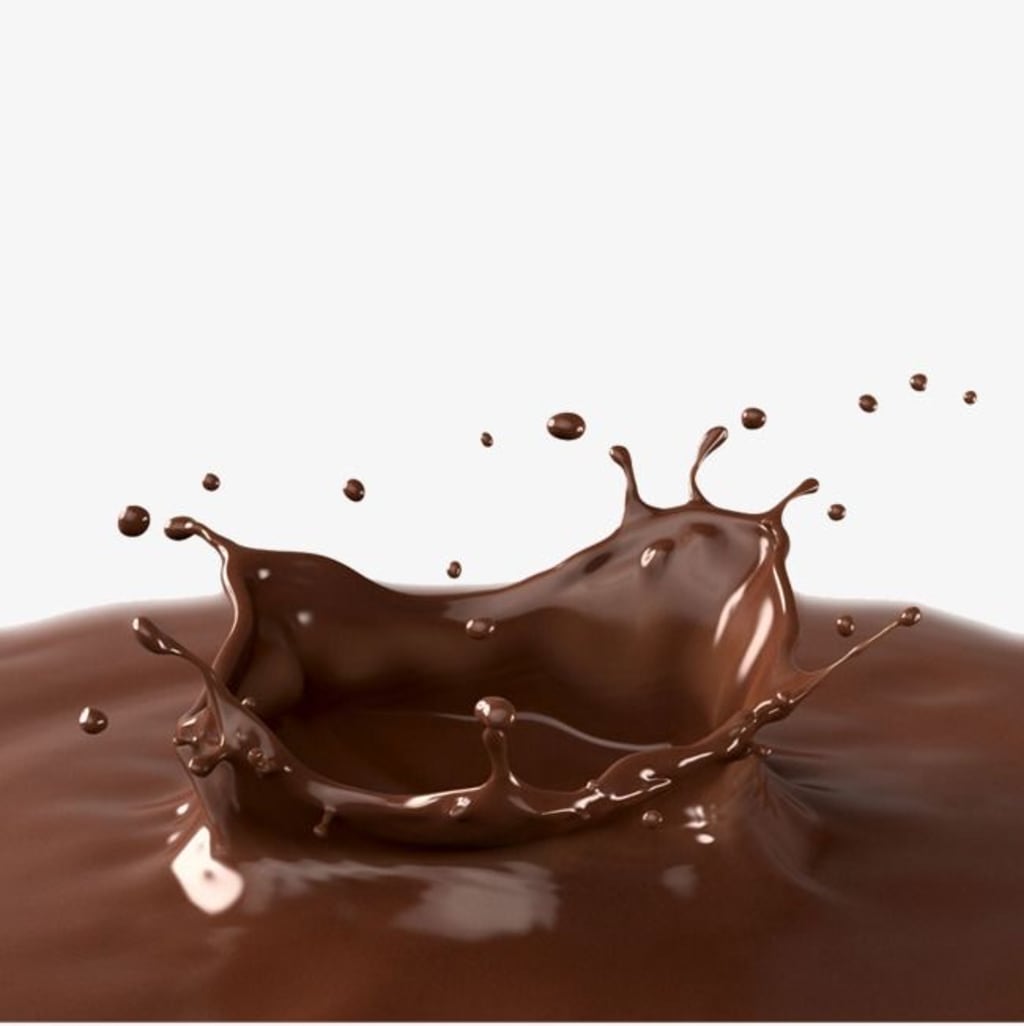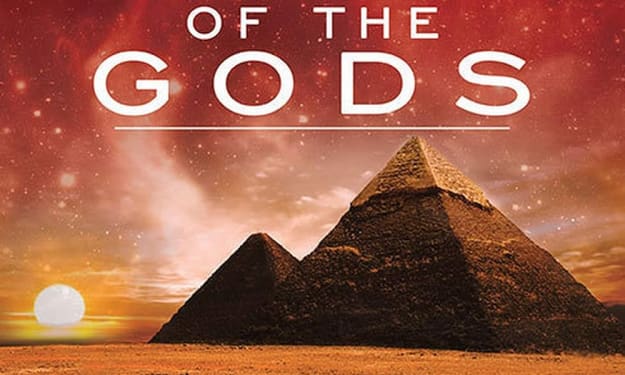How Was Chocolate Invented - Story Time!!!
STORY TIME!!!

The history of chocolate spans thousands of years and involves the contributions of various cultures and civilizations. Here is a more detailed account of the invention and evolution of chocolate:
Ancient Origins: The cacao tree, from which chocolate is derived, is native to the tropical regions of Central and South America. The ancient Mayans and Aztecs were the first known civilizations to cultivate cacao and develop methods for making chocolate. The exact timeline of its discovery is uncertain, but it is believed to date back to around 1900 BCE.
Sacred Beverage: The Mayans and Aztecs considered cacao sacred and highly valued it. They associated it with divine origins, attributing it to gods and using it in religious rituals. Cacao beans were harvested from cacao pods and underwent a series of processes to create a frothy drink called "xocoatl" or "chocolatl."
Preparation: The cacao beans were fermented to enhance their flavor and reduce bitterness. They were then dried and roasted. After roasting, the beans were ground into a paste using stone tools known as metates. This paste, combined with water and often mixed with spices or other ingredients, was used to make the frothy chocolate beverage.
Currency and Elite Consumption: The Mayans and Aztecs used cacao beans as a form of currency in their trading systems. The beans were highly valued and exchanged for goods and services. Chocolate was primarily consumed by the elite and was associated with power, fertility, and vitality.
European Encounter: In the early 16th century, Spanish explorer Hernán Cortés and his conquistadors encountered the Aztecs in Mesoamerica. They witnessed the preparation and consumption of chocolate and brought cacao beans and the knowledge of chocolate-making back to Spain.
European Adaptations: In Spain, chocolate was initially consumed as a beverage similar to the Aztec xocoatl. However, the Spanish modified the recipe by adding sugar, honey, and other sweeteners to make it more appealing to European tastes. This marked the beginning of the transformation of chocolate from a bitter drink into a sweeter treat.
Chocolate's Popularity in Europe: By the 17th century, chocolate had gained popularity among European nobility and royalty. It was still primarily consumed as a beverage and was considered a luxury item. The first chocolate houses and shops opened in major European cities, serving hot chocolate to the elite.
Industrial Revolution and Innovations: In the 18th century, advancements in technology and the industrial revolution led to significant innovations in chocolate production. The invention of the cocoa press by Dutch chemist Coenraad Johannes van Houten in 1828 allowed for the separation of cocoa solids and cocoa butter, resulting in the production of cocoa powder.
Solid Chocolate Bars: In 1847, British chocolate manufacturer Joseph Fry developed the first solid chocolate bar by mixing cocoa powder, cocoa butter, and sugar. This marked a significant milestone in the evolution of chocolate, as it was now available in a convenient and portable form.
Confectionery Industry: The 19th century saw the rise of the confectionery industry, with the development of various chocolate confections. Swiss chocolatiers such as François-Louis Cailler and Daniel Peter played a crucial role in refining chocolate manufacturing techniques and introducing milk chocolate.
Chocolate Brands and Modern Era: In the 20th century, chocolate production and consumption continued to grow worldwide. Well-known chocolate brands such as Nestlé, Cadbury, Hershey's, and Lindt emerged, introducing a wide range of chocolate products to cater to different tastes and preferences.
Today, chocolate is enjoyed in numerous forms, including bars, truffles, candies, desserts, and beverages.
S T O R Y. B Y S T O R Y T I M E ! ! !
THANK YOU ❤️





Comments (1)
❤️